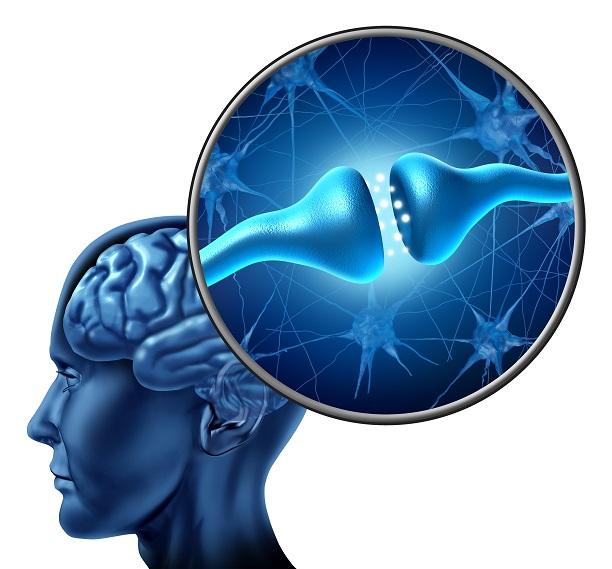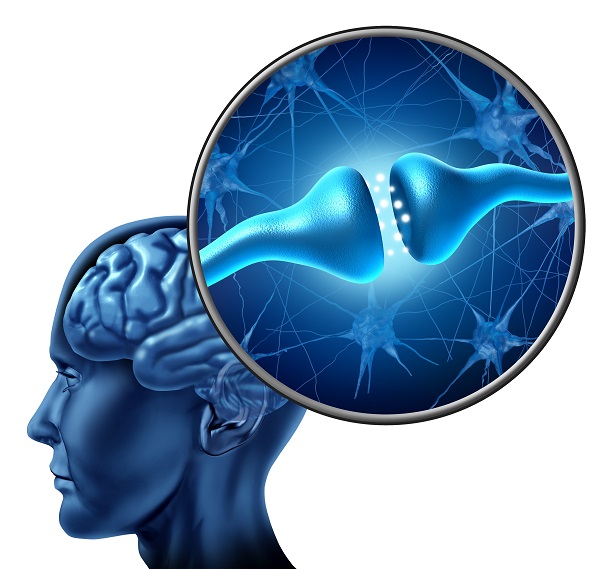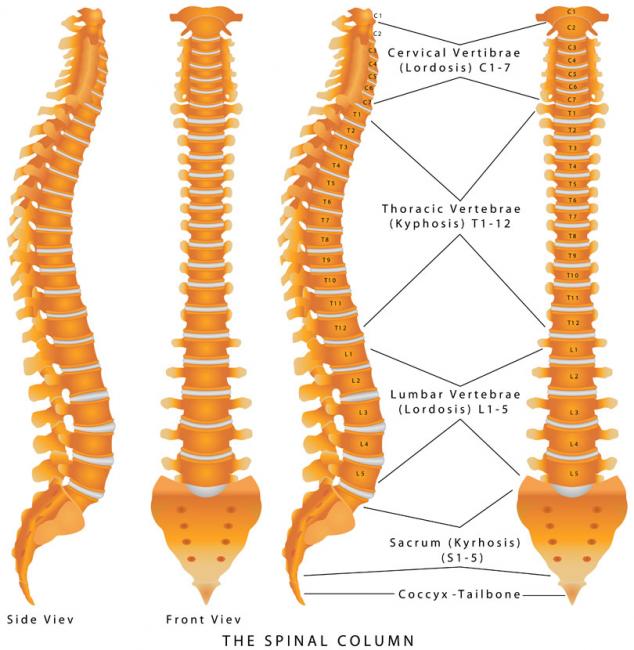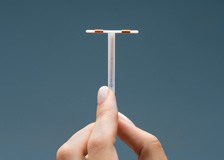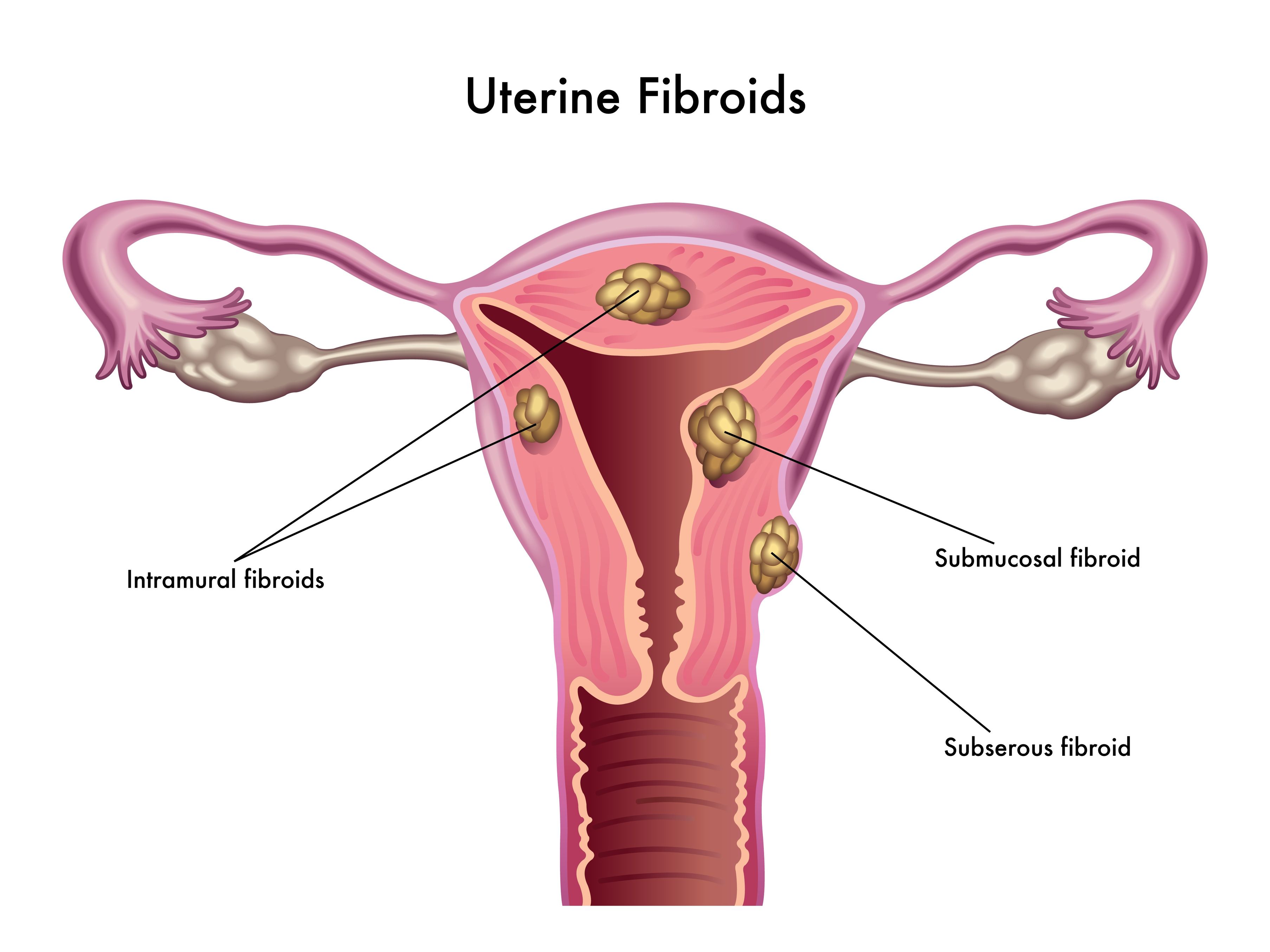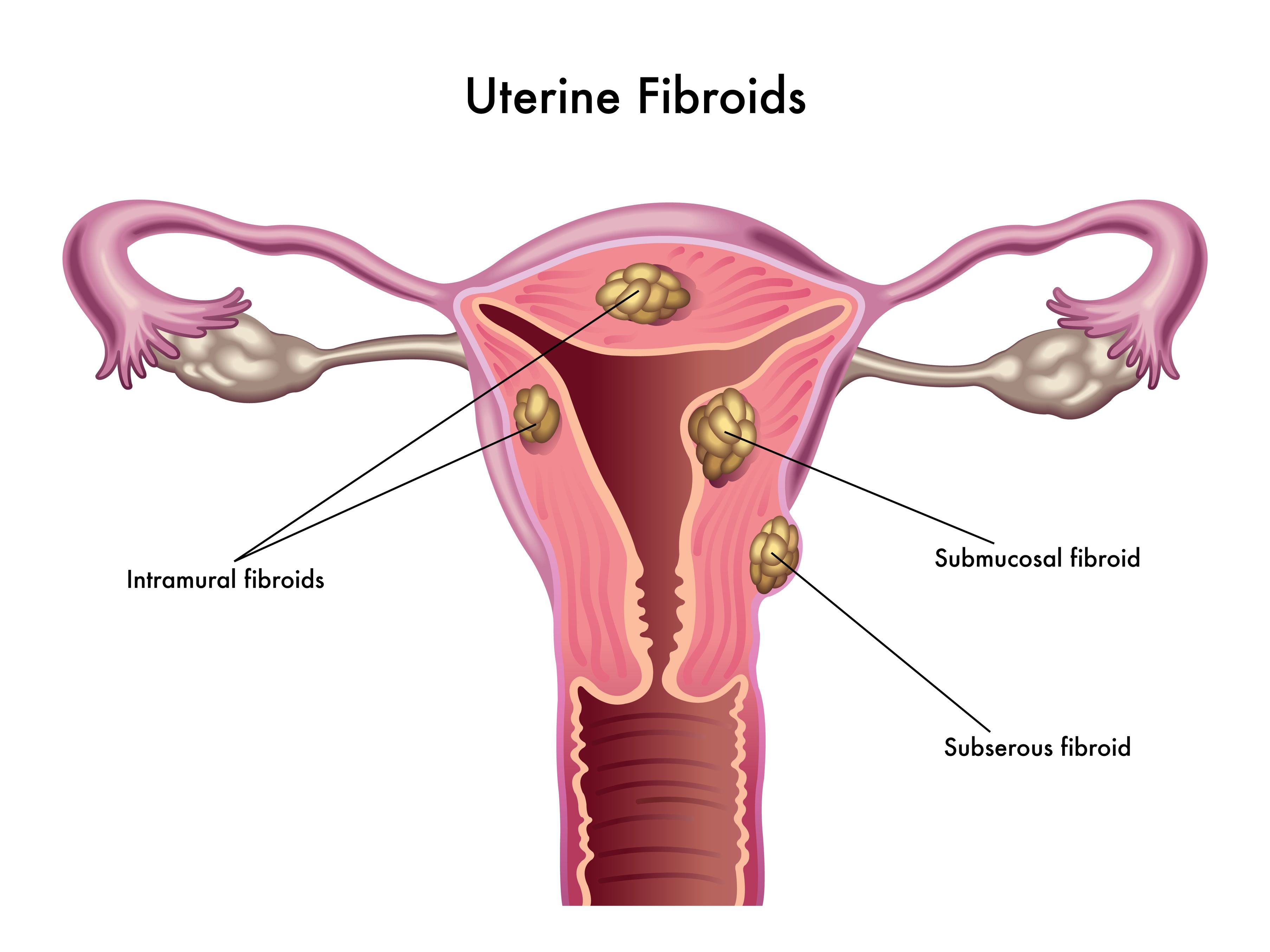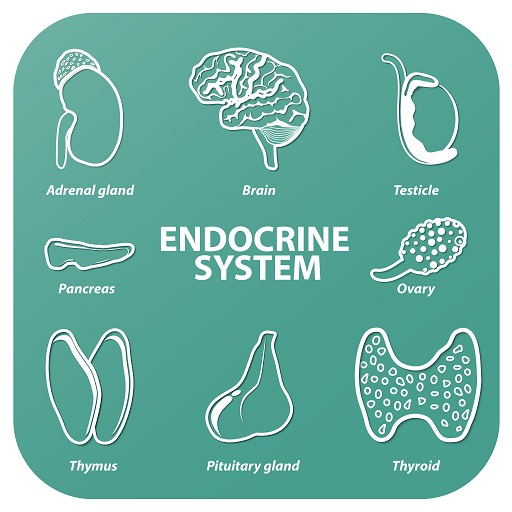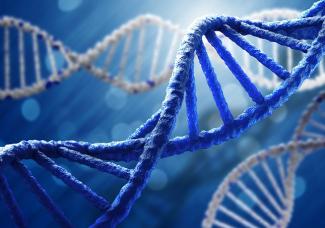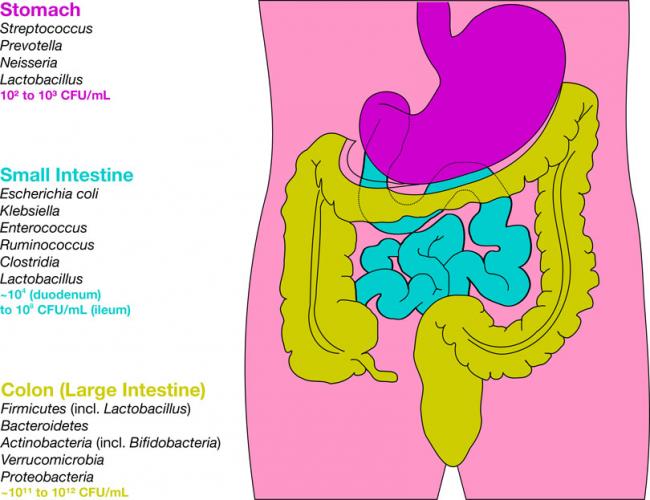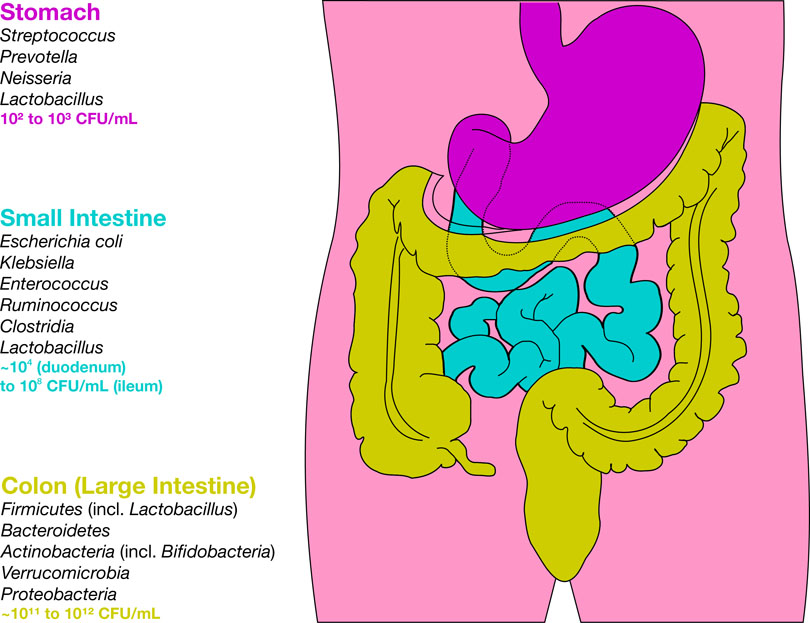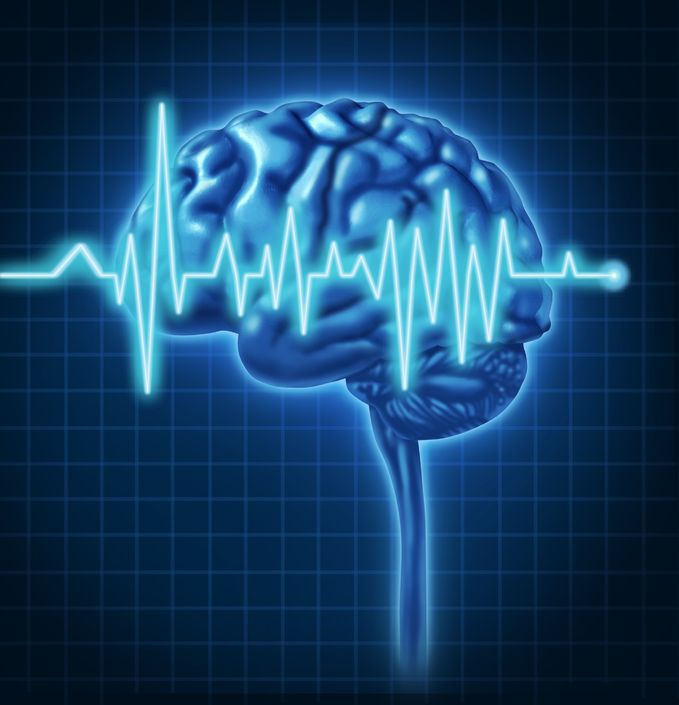Five Things Your Naturopathic Doctor Wants You to Know - Being Prepared
Written in collaboration with Dr. Michelle Lo, ND
The goal of naturopathic medicine is to restore health to an individual by working with the body to bring about balance in all systems through natural means. Along with that goal is the belief that the body, given what it needs, will return to a healthy state of balance intuitively. Therefore, the doctor’s role is to determine what the body needs to begin healing, and to assist the patient through the process of healing and rebalancing. This approach to restoring health is quite different than the western medicine approach.
 Naturopathic medicine is becoming more widely known and available as patients, who are frustrated with traditional western medical practices and procedures, are turning to those practitioners who offer a more natural approach. The growth in recent years of the numbers of naturopathic doctors is due, in no small part, to MDs making the transition to naturopathy. The reasons for this are varied, but many feel that the quality of life for patients is higher over a longer period of time by working with the body’s natural processes of healing, while promoting a healthier diet and lifestyle. Naturopathic doctors have all the same diagnostic tools available to them as the medical doctors, but they look at the body as a whole system made up of very important subsystems that have very precise roles to play. When you get each subsystem working properly, then the patient thrives. Often, herbs and supplements are used, but when necessary, pharmaceuticals can be prescribed. Since the naturopathic approach to health and healing is different from traditional western medicine, your doctor would like you to know these five things to maximize your treatment.
Naturopathic medicine is becoming more widely known and available as patients, who are frustrated with traditional western medical practices and procedures, are turning to those practitioners who offer a more natural approach. The growth in recent years of the numbers of naturopathic doctors is due, in no small part, to MDs making the transition to naturopathy. The reasons for this are varied, but many feel that the quality of life for patients is higher over a longer period of time by working with the body’s natural processes of healing, while promoting a healthier diet and lifestyle. Naturopathic doctors have all the same diagnostic tools available to them as the medical doctors, but they look at the body as a whole system made up of very important subsystems that have very precise roles to play. When you get each subsystem working properly, then the patient thrives. Often, herbs and supplements are used, but when necessary, pharmaceuticals can be prescribed. Since the naturopathic approach to health and healing is different from traditional western medicine, your doctor would like you to know these five things to maximize your treatment.
 1. Your Body is an Ecosystem
1. Your Body is an Ecosystem
An ecosystem contains everything that it needs to sustain life without interference from the outside world. Your body is designed to function properly with a healthy diet, appropriate exercise, and adequate sleep. Things can start to go wrong when your ecosystem is out of balance. Proper nutrition is one of the key factors to good health. This means eating food that contains the necessary vitamins, minerals, and fibre that your cells need to function properly. Eat fresh, locally grown, and organic (if possible) foods. Avoid processed food and sugar because these kinds of food are nutritionally deficient and cause excess hunger, cravings, and weight gain, while starving your cells of the nutrients they need. Moving your body every day helps keep toxins flushed out and helps regulate hormone levels. No matter what your physical condition, getting your body into motion will benefit you. Your doctor can help you find exercise that you enjoy without it feeling like a lot of work. In some cases, you don’t need more exercise—you need a different exercise. Not all forms of exercise are appropriate for everyone. Good-quality sleep is critical for brain health and organ repair. Everybody needs sleep. There is a reason that we have poor nighttime vision compared to animals. And there is a reason why it is dark at least eight hours a night. Humans need eight hours of good-quality sleep at night for the body to function at peak performance and to heal itself. Your circadian clock is responsible for ensuring that your organs perform the correct maintenance at the correct time. The most important functions are done during the nighttime hours, and only if you are asleep. When you defeat the circadian clock by staying up late, you rob yourself of good health. Toxins are the monkey-wrench in the ecosystem. Whether they are natural internal byproducts of cell life or external from food and environmental sources, too many can wreak havoc on your body. External toxins come in many hidden forms and from many different sources; some are avoidable, and some are not. Your doctor can help you identify areas where you can reduce the amount of toxins you are exposed to. Keeping stress levels down will minimize the internal toxins that your body is trying to get rid of. Plenty of fresh, pure water is important to flush all of these toxins out.
2. Communication is Key to Success

Your doctor has taken on the role of detective in figuring out where your body is out of balance. It is important for you to let him or her know how you feel both physically and mentally. Let them know all the physical problems you are having, even if you don’t feel that they are related; they could provide clues to underlying issues. Feelings and emotions can also provide important clues, so don’t overlook those, as well. If your doctor requests detailed information about your food and daily activities, it is because they are looking for important clues to enhance your treatment. Traditional medical treatment of certain conditions (particularly respiratory and sinus allergies) fail because they do not take into consideration outside factors contributing to the problem. Be as detailed on the questionnaire as possible. Honest feedback on treatment regimens can save valuable time and money—as well as frustration. Be sure to let your doctor know if a recommended treatment protocol is not something you can do. There is no sense wasting time to develop a program that you are not able or willing to follow; your doctor will find an alternative treatment.
3. Proper Mindset is Your Greatest Ally

The mind has incredible power over the physical body, especially the subconscious mind. Thoughts have a chemical effect on the body, so your intentions can make the difference between success and failure. Wanting to be well and being committed to the process will lead to consistent results that can raise your quality of life for years to come. When changes in diet and lifestyle need to be made, focus on the good health you will be gaining, not on the bad habits that you will be losing. Perspective is everything: look towards the positive, and imagine what is possible with good health. Keeping things in balance may seem like work, but when things fall out of balance it becomes a mess, and messes only get messier. Adopt the attitude that the things that you are leaving behind no longer serve you and cannot get you to the quality of life that you want to have. Some changes may be small and others may be big, but think of them as an upgrade to your body’s operating system, then give yourself a chance to realize all the benefits that come with it!
4. You Are Unique
We know from DNA testing that no two individuals are the same. Identical twins may have the same DNA, but they are not identical in every way. Diet, lifestyle, and environmental factors can make significant differences in the actual health of the person. Everyone has a unique set of genes that affects how our body functions. Genes can be turned on or off depending on how the individual is living. And since genes control how the body functions, dramatic changes in health can take place. You are not a slave to your genetic design. By turning on the right genes and turning off the wrong genes, you can make those genes work for you! It is important to remember that, although medical cases may seem the same, naturopathic treatment may differ between them due to the differences in the individual’s state of health and gene expression. Severity and length of illness may also affect the degree of recovery.
5. Change Takes Time
Your body has trillions of cells performing billions of processes every day. These processes are intricately linked to one another. Chances are very good that whatever health problems you are facing, the problem started long ago. Decline in health is often so gradual that it is hard to know exactly when things started to go wrong. Fortunately, the body is resilient and wants to be healthy, and will rebound much quicker than it declined. Still, change takes time. Sometimes the process means focusing on strengthening one area of the body at a time; therefore, the treatment protocol may change more than once. Have faith that your doctor is doing what is best to bring your body into balance.
By keeping these five things in mind, you and your doctor can work together as an efficient team for restoring your health and raising your quality of life. Open and honest communication, and being committed to your journey of healing, are two very powerful assets that you can bring to the table; your doctor will be appreciative, and you will feel empowered to have an important role in your own healing.



